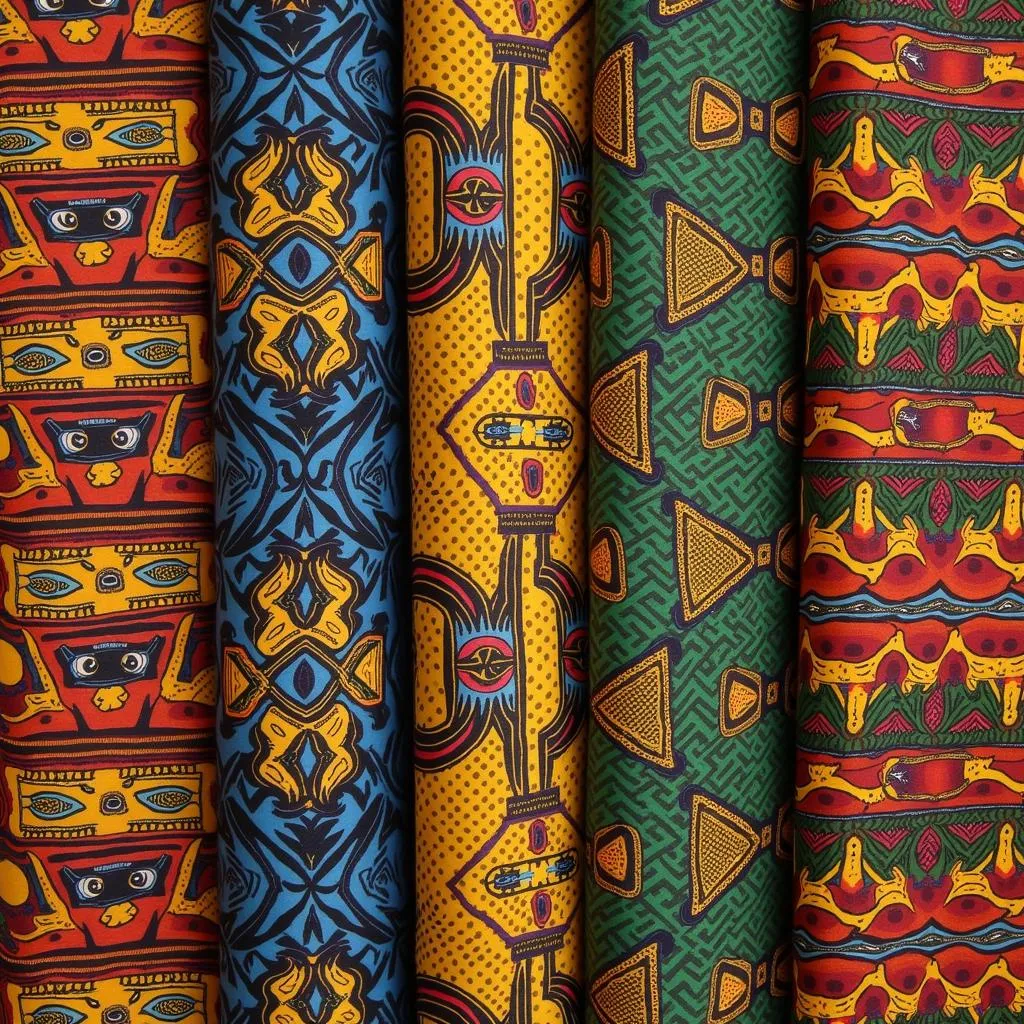Unraveling the Myth: The Didgeridoo and its Non-African Origins
The African Instrument Didgeridoo is a common misconception. The didgeridoo, a wind instrument known for its deep, resonant drone, is often mistakenly associated with Africa. This article will delve into the instrument’s true origins, exploring its rich history and cultural significance, while dispelling the myth of its African roots. We’ll also explore the fascinating world of actual African instruments and their diverse soundscapes. Let’s embark on a journey to uncover the truth about the didgeridoo and celebrate the vibrant musical heritage of both Australia and Africa.
The Didgeridoo’s True Home: Australia, Not Africa
While the didgeridoo’s evocative sound might conjure images of vast African landscapes, its origins lie far from the African continent. The didgeridoo is an ancient wind instrument developed by Indigenous Australians in northern Australia, specifically the Arnhem Land region, at least 1,500 years ago, and possibly as long as 40,000 years ago. Its creation is deeply intertwined with the rich cultural traditions and spiritual beliefs of the Aboriginal people.
The didgeridoo is typically made from a hollowed-out eucalyptus tree trunk, naturally hollowed by termites. Traditionally, it’s played by men during ceremonies and rituals, and its sound is believed to connect them to the ancestral spirits and the land.
Exploring Authentic African Instruments
Africa boasts a vast and diverse array of musical instruments, each with its unique history and cultural significance. From the vibrant rhythms of the djembe to the melodic tones of the kora, African music reflects the continent’s rich cultural tapestry. Unlike the didgeridoo, these instruments are genuinely African and represent the continent’s diverse musical traditions. These instruments play integral roles in various social and cultural contexts, including storytelling, religious ceremonies, and celebrations.
The Djembe: Heartbeat of West Africa
The djembe, a goblet-shaped drum played with bare hands, is perhaps one of the most recognizable African instruments. Originating in West Africa, the djembe’s powerful rhythms are central to many traditional ceremonies and celebrations.
The Kora: A Bridge Between Worlds
The kora, a 21-stringed harp-lute, produces enchanting melodies that resonate with the rich musical heritage of West Africa. Its unique sound and intricate design make it a truly captivating instrument.
Why the Confusion? Debunking the African Didgeridoo Myth
The misconception of the didgeridoo being an African instrument may stem from its sonic similarities to some African instruments, or perhaps a general lack of awareness about its true origins. The internet, while a valuable resource, can also perpetuate misinformation. It is crucial to consult reputable sources and delve deeper into the history and cultural context of musical instruments to understand their true origins. Perhaps the similar droning sounds have led to this association. However, it’s important to differentiate and appreciate the unique cultural heritage associated with each instrument. Looking for information about dasilidoos or other African instruments? You can find more here: african instruments dasilidoos.
The Didgeridoo: A Symbol of Australian Aboriginal Culture
The didgeridoo stands as a powerful symbol of Australian Aboriginal culture, representing a deep connection to the land and ancestral spirits. Its unique sound has captivated audiences worldwide, and its cultural significance continues to be celebrated by Indigenous communities across Australia. Preserving and respecting the cultural heritage associated with the didgeridoo is vital. This involves acknowledging its Aboriginal Australian origins and appreciating its role within the rich tapestry of Indigenous Australian traditions. Are you interested in exploring a different aspect of African culture? Check out this link: african booty scratcher kickstarter.
Conclusion: Celebrating Distinct Musical Traditions
The African instrument didgeridoo myth highlights the importance of accurate cultural understanding. While the didgeridoo is undeniably a captivating instrument, it is crucial to recognize its true Australian Aboriginal origins and celebrate the rich musical traditions of both Australia and Africa. By understanding and appreciating the distinct cultural heritage associated with each instrument, we can foster greater cross-cultural understanding and appreciation.
FAQ
- What is a didgeridoo?
A didgeridoo is a wind instrument developed by Indigenous Australians. - Where does the didgeridoo come from?
The didgeridoo originates from northern Australia, specifically the Arnhem Land region. - Is the didgeridoo an African instrument?
No, the didgeridoo is not an African instrument. It is of Australian Aboriginal origin. - What are some examples of African instruments?
The djembe and kora are two examples of African instruments. - Why is it important to understand the origins of musical instruments?
Understanding the origins of musical instruments promotes accurate cultural understanding and appreciation.
Need More Information?
For further assistance or inquiries regarding African culture and musical instruments, please contact us:
Phone: +255768904061
Email: [email protected]
Address: Mbarali DC Mawindi, Kangaga, Tanzania
Our customer service team is available 24/7.

